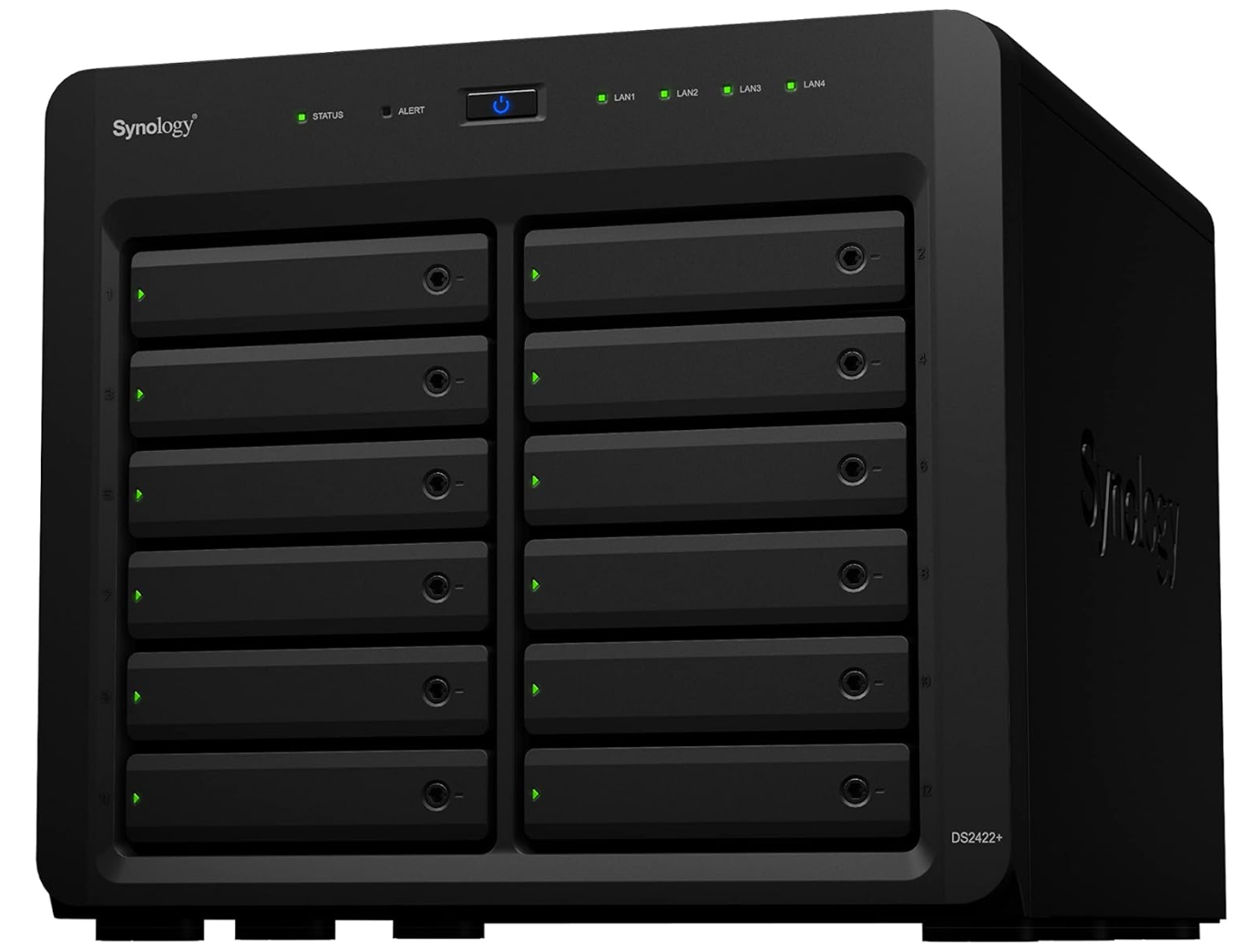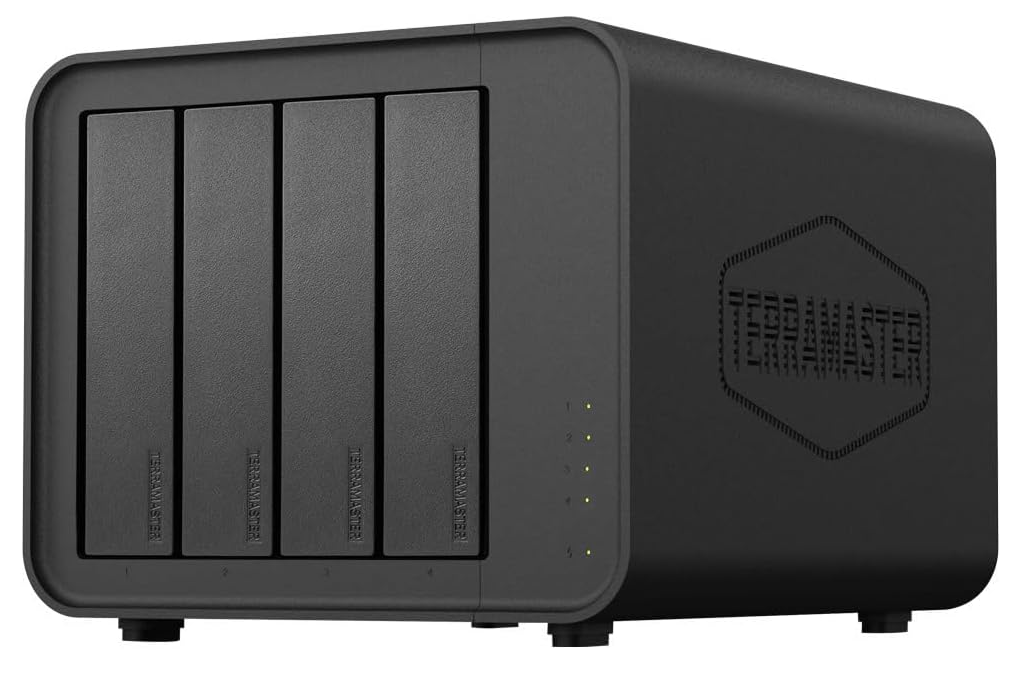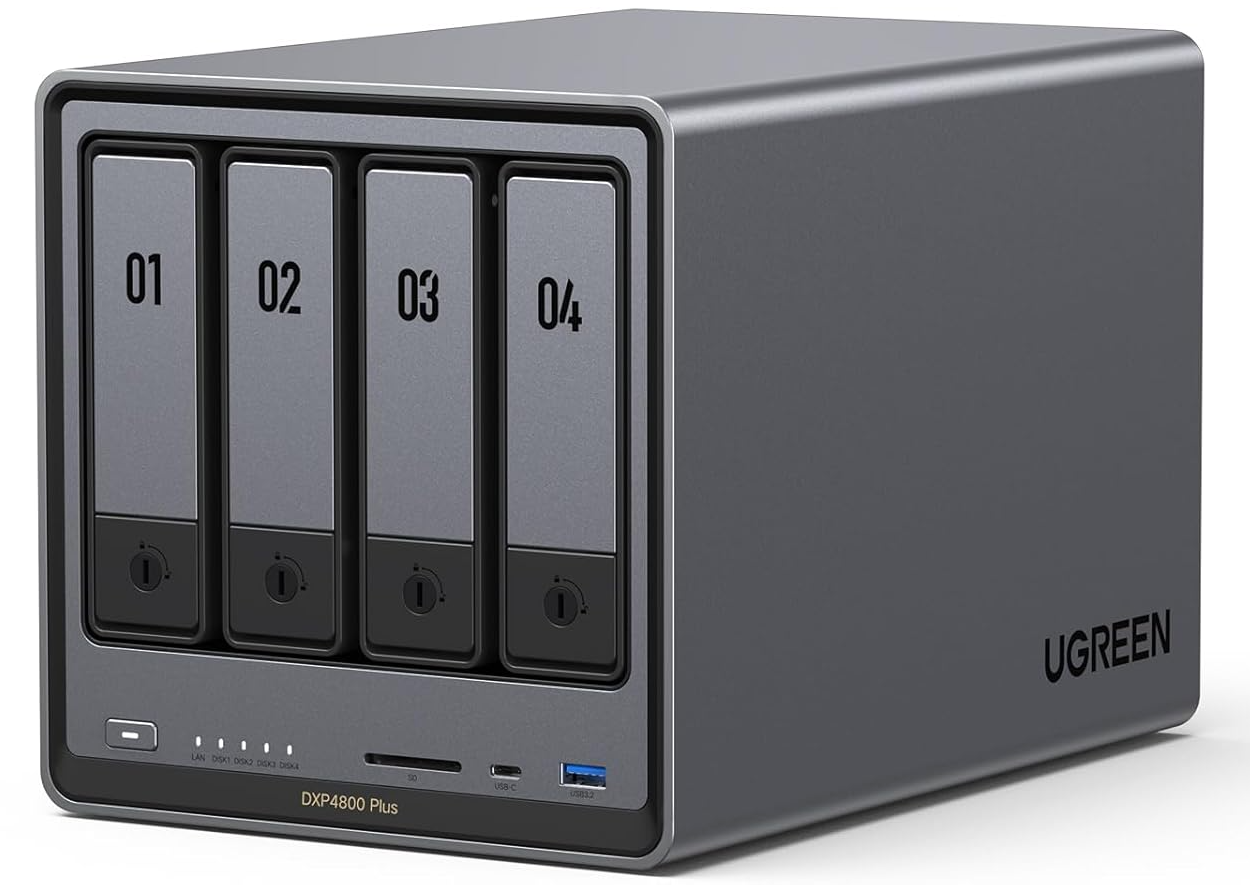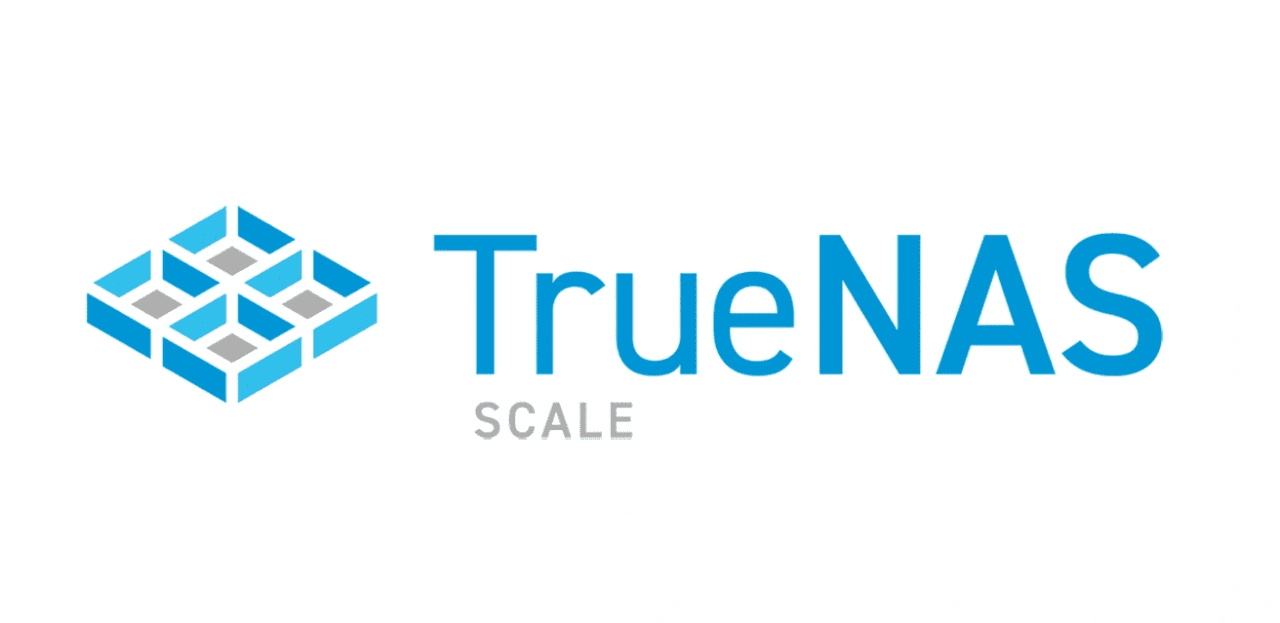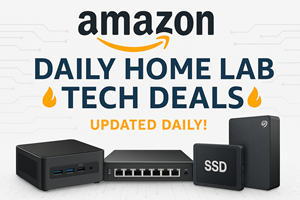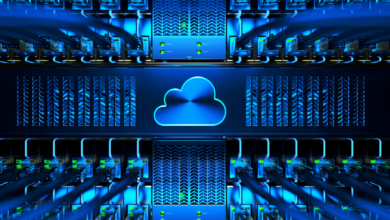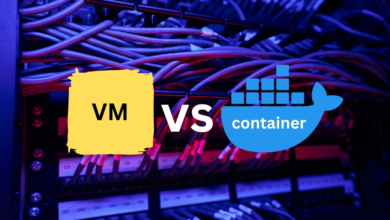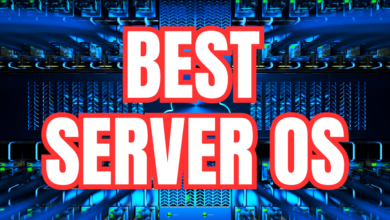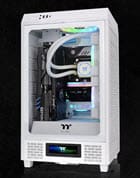Synology Just Locked Down Your NAS Drives Here’s What to Use Instead
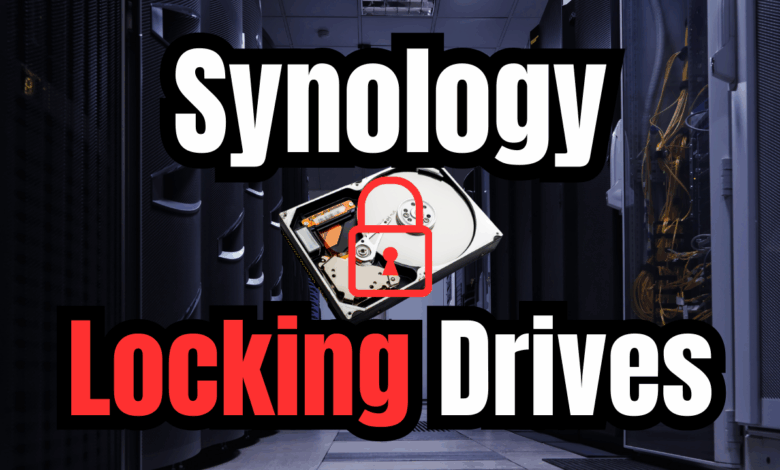
Well, Synology has placed a lock down on the hard drives they will support in their upcoming Synology NAS devices. They are going to start enforcing stricter hard drive rules in the latest 2025 Plus Series NAS models. Synology has been one that has encouraged its customers to use their branded drives. But the move to lock devices doewn to Synology-approved drives is a step beyond that. Let’s look more at this latest news and also great Synology alternatives in 2025 that are worth considering if you want to have the freedom to choose which disks are installed in your NAS device.
What is changing with Synology NAS devices in 2025?
There is news that is hot off the press covering the latest from Synology that they will indeed enforce using their drives on their new plus models, including the DS224+, DS124+, and others. So now, if you use non-certified hard drives these won’t just trigger warning messages, but will now lead to you not being able to have full functionality using your NAS, which is huge.
Take a look at the story from the Verge here: Synology is tightening restrictions on third-party NAS hard drives.
What will be the limitations for non-Synology drives?
So, most will want to know specifically what the limitations will be for non-Synology drives. Take a look at the following things you may experience by using third-party drives in your Synology NAS devices moving forward:
- No drive health monitoring (SMART metrics or lifespan analysis)
- No firmware updates for non-Synology drives
- Warnings or restrictions when creating storage pools or RAID arrays
- Inability to get support or reduced support from Synology
- Risk of software-level incompatibility with DSM updates
Why exactly are they doing this? Synology has cited system stability and optimized performance as the reasoning behind these changesan. However, in a world where users are looking for more options and not getting rid of options, this is no doubt seen as a move toward vendor lock-in.
For home lab users, prosumers, and even small businesses, this will definitely lead to higher costs and much fewer choices when using Synology NAS devices.
My take
I like Synology NAS devices. I have one, the DS1621xs+ and haven’t had a minute’s issue with it since I bought it. However, I was able to populate it with the drives that I wanted to put inside it. Having that option as a consumer, especially when there are definitely times you can get certain brands of drives cheaper than others is a great option to have.
Also, I have lived this in the enterprise world with things like Dell branded drives for servers, storage arrays, etc. Dell can charge a high premium for the drives they place in the storage arrays that have their firmware on them. And, we all know if you put non-Dell firmware drives in a Dell array it will squawk about the drives not being “certified” drives. However, one thing I will say, it doesn’t as far as I have seen, limit what you can do with the Dell functionality like creating arrays, etc.
These new limitations that Synology is looking to impose is going to allow them to do virtually the same thing – charge a premium for Synology “certified” drives, with, let’s face it, no real discernable advantage compared to third-party drives that we can purchase and install.
So, what are our options?
TerraMaster
The TerraMaster NAS devices are some that I have personal experience with and have reviewed a couple of their units. I have to say that I have been impressed with TerraMaster so far. You can read those two reviews of those NAS units here:
- Terramaster T12-500 Pro NAS Review: Beefy Specs with Backup Server Built-in
- TerraMaster F4-424 Max NAS Review for Home Lab
I can honestly say that at least with the NAS units I have had my hands on, they have become one of the most capable Synology alternatives, especially if you are looking for similar hardware specs without the vendor restrictions.
TerraMaster’s F4-424 MAX model, for instance, offers:
- 4 x SATA bays for HDDs or SSDs
- Core i5 1235U 10-Cores 12-Threads
- (2) 10 Gig LAN port for link aggregation
- Tool-less tray design for easy drive swaps
- USB-C and USB 3.2 connectivity
- Support for RAID 0/1/5/6/10 and JBOD
Their proprietary TOS 6.0 operating system is a major improvement over TOS 5.0 and it is getting better and better as time goes along. You will find apps for Plex, Docker, rsync, and more in their Marketplace. While TOS isn’t as polished as Synology’s DSM, it is surprisingly good, and, importantly, it doesn’t have the restrictions on hard drives.
Drive Flexibility
Crucially, TerraMaster does not restrict the use of third-party drives. You can install Seagate, Western Digital, Toshiba, or even enterprise-class SSDs without losing features or causing compatibility warnings. For me, that speaks volumes in using this NAS as a Synology alternative.
UGREEN NASync
UGREEN is a NAS that I haven’t had my hands on with a review unit as of yet, but I have seen quite a few reviews from some of my creator colleagues and most of their units review really well and have good value.
What Makes UGREEN NASync Stand Out
The UGREEN DXP4800 Plus is an example of how serious the company is about entering the NAS space. Highlights include:
- Intel Pentium Gold 8505 processor
- DDR4 memory upgradable to 32 GB
- Support for up to 8 drives
- Dual 2.5GbE ports
- Modern, fanless aluminum chassis design
UGREEN has also invested in its NAS OS platform, providing a UI that resembles DSM or QNAP’s QTS. Like TerraMaster, their software offering has some maturing to do but it does support the basic features that you would expect and apps for download.
Flexibility & Future Potential
Like TerraMaster, UGREEN doesn’t restrict drive choice. Better yet, their NAS units are fully x86-based, so many users have already tested and successfully installed third-party NAS operating systems like TrueNAS SCALE on these devices. So, it gives you a LOT of flexibility.
TrueNAS
If you want maximum freedom and an even more enterprise-grade file system, TrueNAS (Core or SCALE) will likely be your best open-source Synology alternative. It does require more technical know-how, but the payoff is huge, especially in terms of virtualization, backup, or media storage.
What You Need to Run TrueNAS
TrueNAS can be installed on just about any x86 hardware. However, note the following requirements:
- A motherboard with at least 6 SATA ports or an HBA (LSI 9211-8i, for example)
- Intel or AMD processor (older Xeon or Ryzen CPUs work great)
- At least 16GB of RAM (32GB+ recommended for ZFS and deduplication)
- SSD or NVMe drive for boot volume
- Optional ECC memory for added reliability

With TrueNAS, you get:
- ZFS file system with copy-on-write and snapshots
- Data scrubbing, self-healing, and native RAIDZ support
- Virtualization and Docker capabilities in TrueNAS SCALE
- Encryption, replication, cloud sync, etc
Why consider it as a Synology alternative?
You’re not locked into anything. You choose the drives, the underlying hardware, everything. You choose the upgrade path. You get full administrative access without any kind of vendor-imposed limitations.
This approach is perfect for home lab users and IT professionals who want to maximize control over their hardware and reuse even old home lab server gear as a NAS device.
Minisforum N5 Pro
In case you haven’t heard, Minisforum is stepping into the dedicated NAS market with its newly revealed N5 Pro NAS line. Unlike repurposed mini PCs, this is Minisforum’s first true NAS device built from the ground up as a NAS, and it looks promising.
They have a link on their site already created it looks like, but no products are currently listed there as of yet:
What We Know So Far
According to early leaks and insider posts the N5 Pro will feature:
- An 8-bay NAS chassis with hot-swappable drive trays
- Integrated support for 2.5GbE networking
- x86 architecture with support for open OS installation (no vendor lock-in)
- A modern metal chassis with a compact form factor
- Expected support for PCIe expansion and M.2 storage slots
This will place it directly in competition with mid to high-end models from Synology and QNAP. It will offer much better flexibility though. Initial discussions seem to point to the fact that the N5 Pro will be able to run TrueNAS, UnRAID, or even standard Linux server distributions without issue.
Why It Deserves a Spot on Your Radar
If you’re a fan of Minisforum’s high-quality engineering in their mini PCs (which I am), it has the same build quality and attention to detail from the looks of the leaks and other sources to thermal design, compactness, and power efficiency. The N5 Pro seems designed specifically for home labbers, media enthusiasts, and power users.
Also, the price point from what we know at this point looks to be well below comparable Synology units. AND, importantly on the topic we are discussing, you can use whatever drives you want, flash custom firmware, and tune it to your exact needs.
Which NAS Option Is Right for You?
Here’s a quick comparison of the Synology alternatives we covered:
| NAS Option | Best For | Strengths |
|---|---|---|
| TerraMaster | Home users and Plex media servers | Affordable, RAID support, open drive compatibility, TOS6, can run TrueNAS as well |
| UGREEN NASync | First-time NAS users and tinkerers | Great hardware, GUI OS, can run TrueNAS |
| TrueNAS | Power users, home lab builders, those who want complete control | Full control, ZFS, runs on any x86 hardware |
| Minisforum N5 Pro | Enthusiasts who want a great prebuilt hardware solution | 8-bay NAS, expected open OS support, excellent design |
Wrapping up
Unfortunately, more companies are going the way of Synology, with vendor lock-in. Looking at certain companies that have done this effectively, Synology is likely trying to boost support consistency and ease (on their side) and also their profit margines. However, this doesn’t always lead to the best outcome for us as the consumer or end user.
If you’re in the market for a NAS in 2025, there’s never been a better time to explore Synology alternatives. Do check out units from TerraMaster for simplicity, UGREEN for a modern NAS with potential, TrueNAS for ultimate flexibility and control, or Minisforum’s N5 Pro for a polished DIY-style NAS. Let me know in the comments if Synology’s news of locking down vendor hard drives has hit you sideways and you are looking for or already purchased or built something different.


